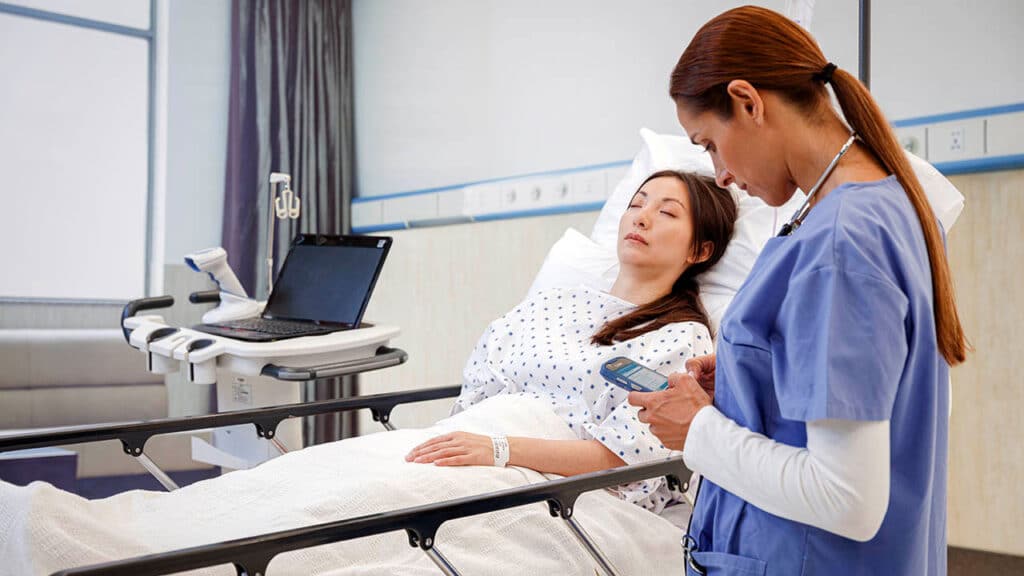Surgery is meant to fix things, right? When part of you is broken or not working properly, it restores it to normal… except no one just jumps back up after a major surgery. There’s a recovery period first.
You’re probably going to be really tired in the first few days after an operation, especially if you’ve had a general anesthetic. The first stage of recovery may just be waking up and making sure you have enough painkillers. Don’t try too hard, though. You shouldn’t push yourself too hard, too fast. You need your rest, and if that means staying in bed a bit longer than normal, then that’s what you have to do.
That doesn’t mean being completely sedentary, however. Getting moving again is important if you want to build up some muscle and make sure your blood is flowing again. It will help you heal quicker. Your doctor should have recommendations for how much and what kind of movement would be best for your specific circumstances.
If you have any kind of dressing over a wound after surgery, you’ll probably also have instructions on how to take care of that. A nurse will explain how to keep it clean, when it will need changing, and all the kind of stuff that will protect the site and help stop it from becoming infected.
There are other things you need to look out for that become a greater risk just after surgery, when you’re in bed and can’t move around much. Blood clots are a notable one. If your leg is hot, painful, swollen or discolored, it could be deep vein thrombosis (DVT). This potentially life-threatening condition requires immediate medical attention. You may need to take anticoagulant medication.
Once those first few days are over, there could still be a long recovery process ahead. What’s next depends on the kind of injury and surgery. You may need to relearn how to use certain parts of your body. Physiotherapists can be very helpful. It’s possible you’ll need other assistance at home until you’re back on your feet. It could be a while before you can drive or go back to work.
Things like age and your prior fitness can also impact your speed of recovery. Some people even take a major medical event like this as an opportunity to get a new start when it comes to healthy living.




